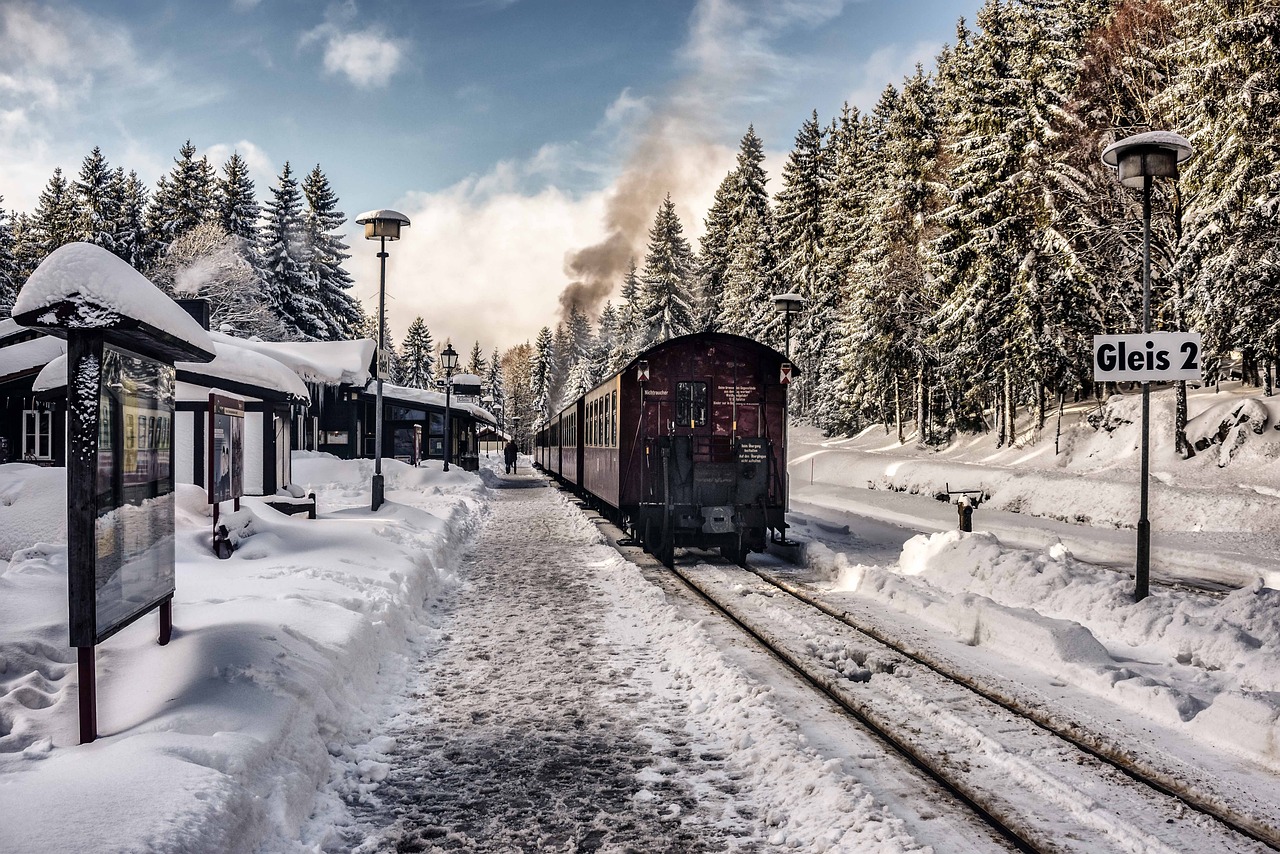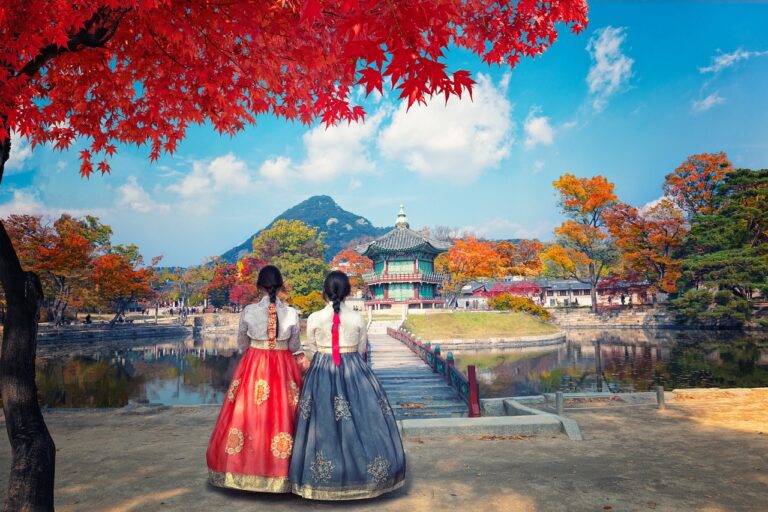The Role of Local Culture in Influencing Travel Trends
Travel trends are influenced by a variety of factors, from economic conditions to technological advancements. However, one often overlooked but significant factor that plays a crucial role in shaping travel trends is the influence of local culture. Local culture encompasses the traditions, customs, beliefs, and practices of a particular region or community, and it can have a profound impact on the way people choose to travel and the experiences they seek.
The Importance of Local Culture in Travel
Local culture plays a pivotal role in shaping travel trends because it provides a unique and authentic travel experience that cannot be replicated elsewhere. Travelers are increasingly seeking out destinations that offer an immersive cultural experience, where they can interact with locals, taste traditional cuisine, participate in cultural celebrations, and explore historical sites. This desire for authenticity and connection with local culture has led to a shift away from mass tourism towards more experiential and sustainable forms of travel.
Cultural Influence on Travel Preferences
Local culture influences travel preferences in a variety of ways, from the type of destinations people choose to visit to the activities they engage in while traveling. For example, travelers interested in experiencing vibrant nightlife and cosmopolitan culture may be drawn to cities like New York, Tokyo, or Paris, while those seeking a more tranquil and spiritual experience may opt for a retreat in Bali or a pilgrimage to Varanasi. Cultural events such as festivals, art exhibits, and music concerts also play a significant role in attracting visitors to specific destinations and shaping their travel experiences.
Impact of Local Culture on Tourist Behavior
Local culture can have a profound impact on tourist behavior and decision-making. Cultural norms and etiquette, language barriers, and differences in social customs can all influence the way travelers interact with locals, navigate unfamiliar environments, and make choices about where to stay, eat, and explore. Understanding and respecting local culture is essential for promoting positive interactions between tourists and residents and for creating a welcoming and inclusive travel experience.
Sustainable Tourism and Preserving Local Culture
As tourism continues to grow and evolve, there is a growing awareness of the importance of preserving local culture and heritage. Sustainable tourism practices aim to minimize the negative impact of tourism on local communities and the environment while promoting cultural preservation and economic development. By supporting local artisans, businesses, and cultural initiatives, travelers can contribute to the preservation of local culture and help ensure that future generations can continue to enjoy and learn from these unique traditions.
Challenges and Opportunities in Cultural Tourism
While local culture can enhance the travel experience and attract visitors to a destination, there are also challenges associated with cultural tourism. Over-tourism, cultural exploitation, and the commodification of local traditions are all issues that can arise when cultural heritage is not properly respected and protected. It is important for travelers, tour operators, and destination management organizations to work together to promote responsible and sustainable cultural tourism practices that benefit both tourists and local communities.
Conclusion
Local culture plays a vital role in influencing travel trends and shaping the way people choose to experience the world. By exploring and appreciating the unique customs, traditions, and heritage of a destination, travelers can gain a deeper understanding of its history and values and forge meaningful connections with its people. As the travel industry continues to evolve, embracing and preserving local culture will be essential for creating authentic, sustainable, and enriching travel experiences that benefit both travelers and the communities they visit.
FAQs
1. How does local culture impact travel trends?
Local culture influences travel trends by providing authentic and immersive travel experiences that appeal to travelers seeking to connect with the unique traditions and heritage of a destination.
2. What are some examples of how local culture shapes travel preferences?
Travelers may choose destinations based on factors such as cultural events, culinary traditions, historical landmarks, and opportunities for interacting with local communities.
3. Why is it important to preserve local culture in the context of tourism?
Preserving local culture helps to maintain the authenticity and integrity of a destination, fosters cultural exchange and understanding, and supports the economic well-being of local communities.





